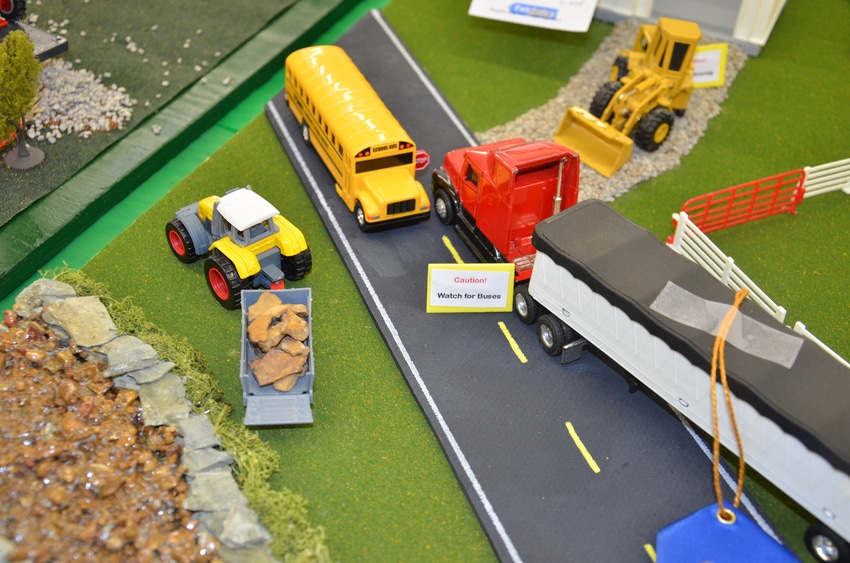November 26, 2018

The discussion about where Indiana 4-H is headed stretches back to August 2018 on IndianaPrairieFarmer.com, when we ran the first of several stories about the status of 4-H in Indiana. My original blog observed that there appeared to be a decline in participation in traditional 4-H projects, as judged by exhibits in various categories at county fairs.
Many people have commented by email, letter and in person. Most agree that there is a visible decline in participation. And many reasons have been offered for the possible decline. Unfortunately, not many solutions have been brought to light.
Purdue University Extension Director Jason Henderson and Indiana State 4-H Leader Renee McKee penned a joint response, pointing out that 4-H is changing as agriculture has changed. Their letter also ran in the November 2018 Indiana Prairie Farmer on Page 12. They note that 4-H programs today are geared to help students learn about science, math and technology.
Today, many students enroll in what’s called a Spark Club, studying one area of interest, such as robotics. The students learn skills, but don’t create a project to exhibit at the county fair.
The letter from Henderson and McKee makes many valid points. However, it doesn’t directly address what the future might be for traditional 4-H projects, which still fit the needs of at least some rural 4-H members.
Erin Tower makes several valid points about the mechanics involved in day-to-day 4-H activities in her letter, which also appeared in the December 2018 Indiana Prairie Farmer. No program is perfect, even if it delivers benefits in the end. There are hiccups along the way, whether with 4-H club leadership or project judging.
If enough people continue discussing the issue, indicating it’s important to them, perhaps more counties and communities will find solutions that work for them. If that happens, this discussion thread will have accomplished its goal.
Another letter
Here are comments from a farmer, businessman, former 4-H’er, 4-H parent, leader and project judge. He’s also a Purdue ag alumnus. Read what Dan Arnholt has to say:
Dear Tom,
I agree with Mrs. Tower’s comments about keeping the 4-H’ers enthused about staying in 4-H. Our grandkids have had some of the same issues with the judges on their projects. Judges seem not to read the project requirements prior to judging.
Years ago, when I judged [4-H projects], I knew all the requirements for each division of the electric project. Back then there were training sessions for judges prior to the judging season to ensure the judges knew the requirements.
When the kids build their project to the requirements and then are not judged according to the requirements, they do get disillusioned.
I read Jason Henderson and Renee McKee’s letter to you discussing the 4-H program. They give many points showing benefits of 4-H. This is true, but unfortunately most [benefits] are not happening in lots of counties.
You have started a great discussion and I hope the Purdue Administration will listen to the parents and leaders in the counties.
Keep up the good work.
Dan Arnholt,
Columbus, Ind.
Comments? Email [email protected]. Be sure to read these follow-up blogs to my original one about 4-H, from Aug. 23 and Sept. 10. Also read these letters from a 4-H alum and a parent.
You May Also Like




